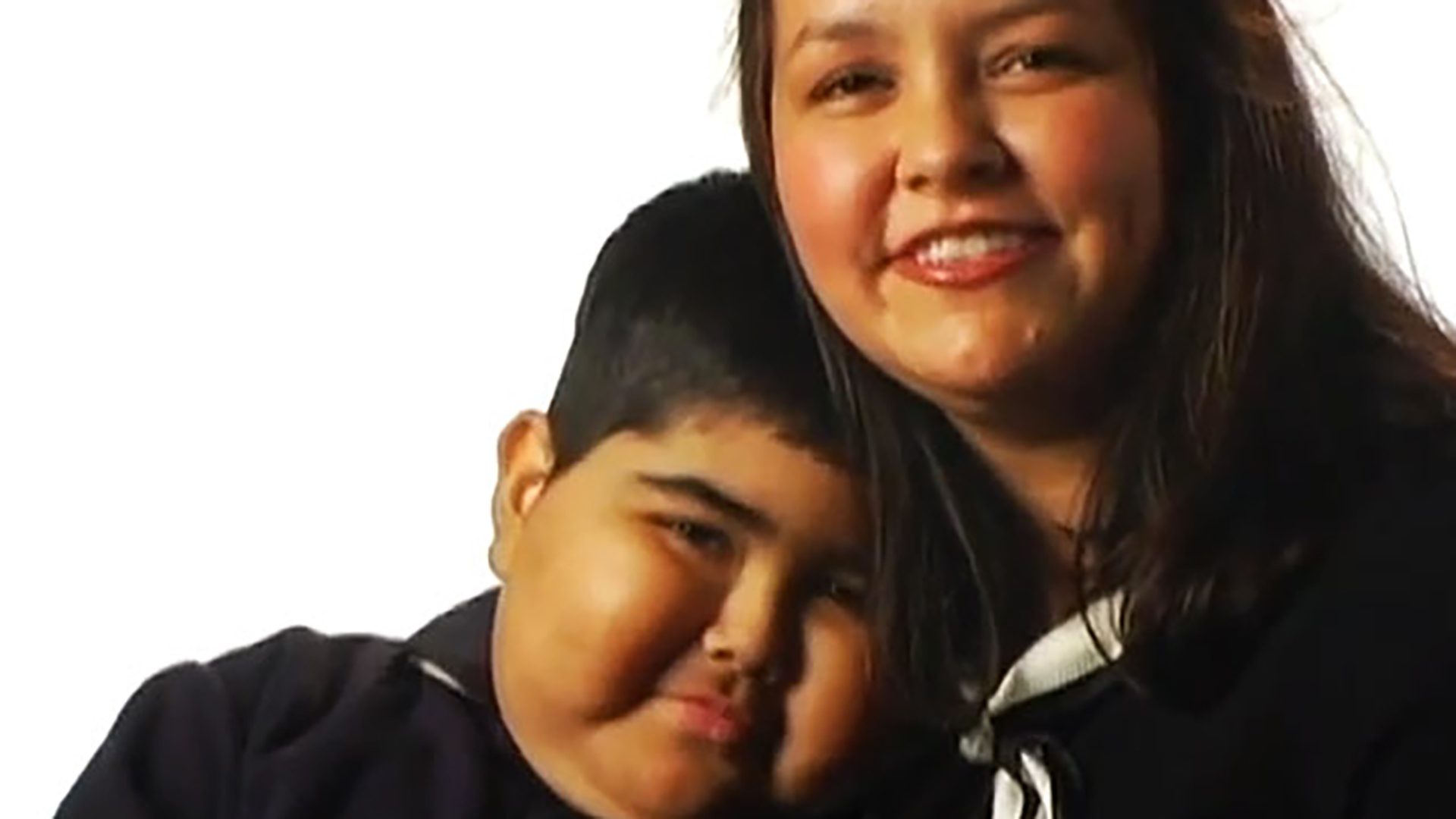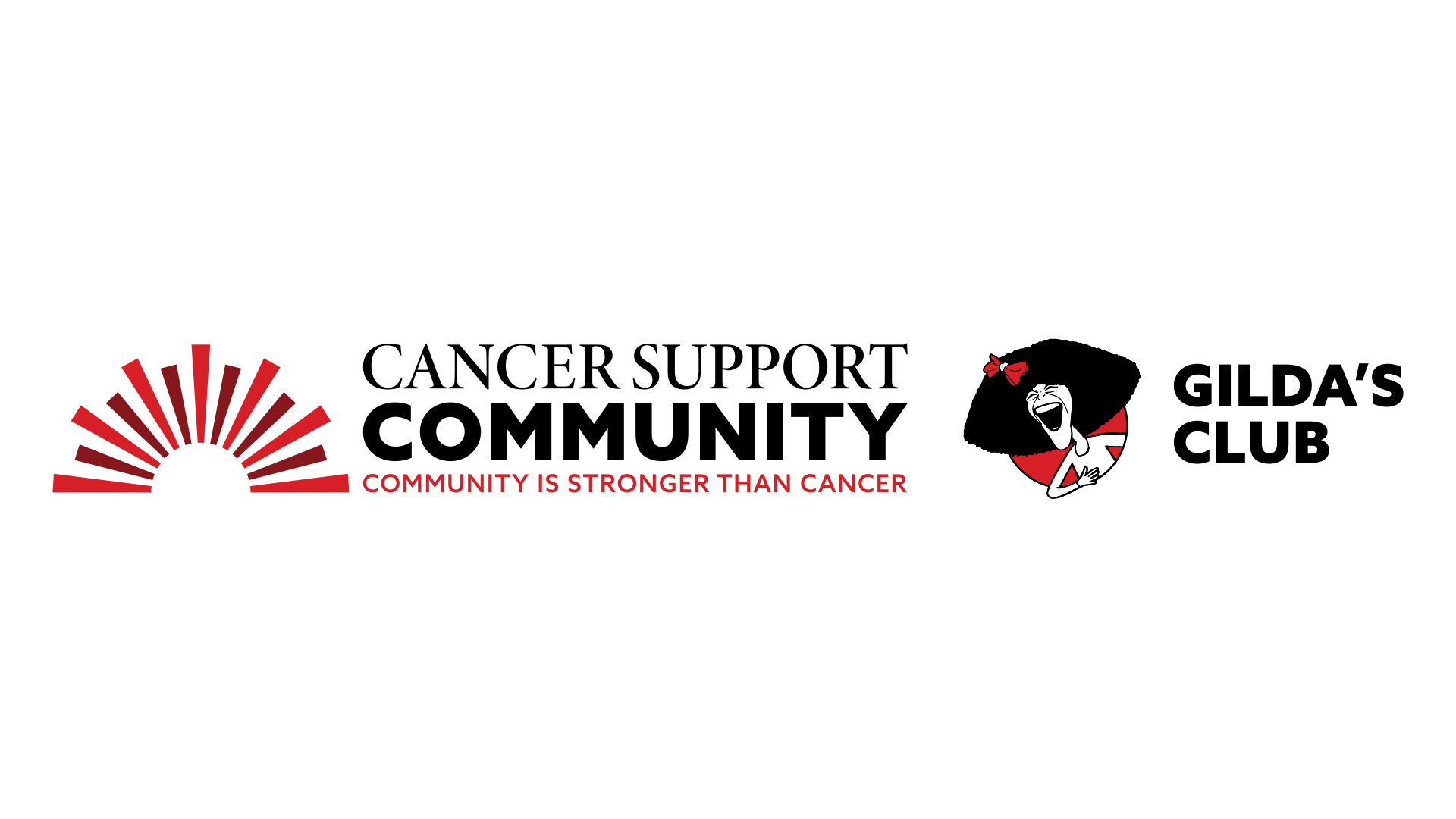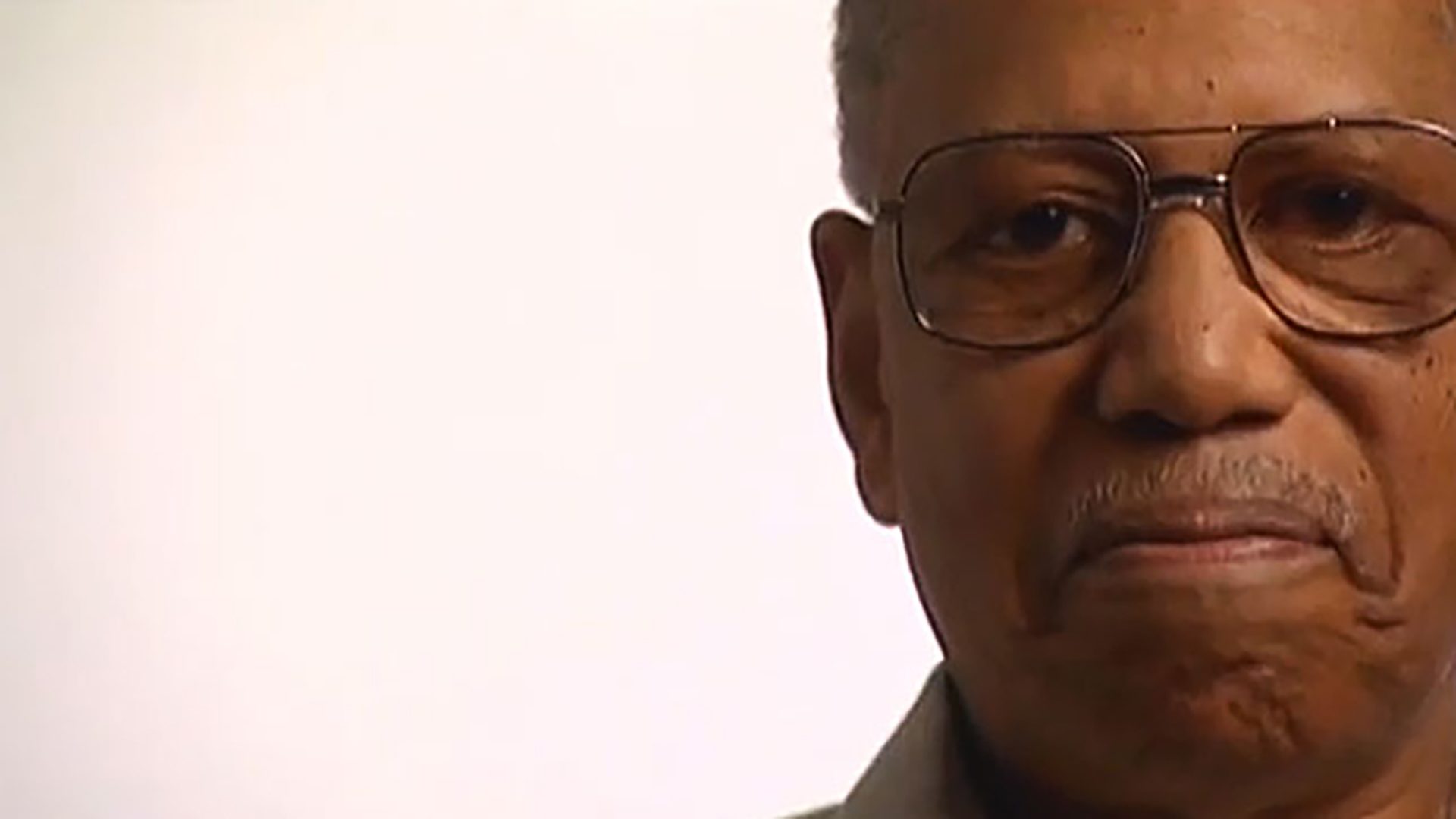Survivor Interview – Luz & Martin
Luz is the caregiver of Martin, a leukemia survivor. She discusses enrolling Martin in a clinical trial, managing his compromised immune system, and hope.

Martin: I became a leukemia survivor in 2000.
Luz: We were in the hospital for about three weeks, at the beginning, doing the initial round of chemo and all those things. It was a nightmare. I don’t think I recall any good memories of those three weeks. For him, he was still the same little boy. He was singing, watching TV, playing videogames, and going through everything like a champion. I don’t think he ever realized how sick he was. But for us, it was just one thing after the other. First, the news and then the options of choosing what is the best treatment for him. To know the type of leukemia that he had, they start giving you a lot of information that, at that moment, you cannot even process. Fortunately, after those three weeks, we were able to take him home, and that’s when the journey started.
He had chemotherapy for one year. In one of those doctor checks, they found out that the leukemia had come back. Now we knew that his chance of surviving was not chemotherapy. It was a bone marrow transplant. Within three months, we were able to find a donor. It was not a perfect match, but we knew that we were running out of time. That was his only best chance for surviving. So the whole family moved to another city for his transplant. He had his transplant in April 2002. Since then, we’ve been doing great. He’s still struggling with a lot of health issues, but he’s cancer free and has been able to go to school and do other things.
When they presented the options about joining a clinical trial or going with the standard treatment, that was very hard. When we chose to get into a clinical trial, the idea was to help other children. We knew that clinical trials can help other children, too, or help whoever is doing that, to choose what is the best treatment for anybody. It didn’t work. We felt very guilty for a long time. Then the idea of having him go through a bone marrow transplant or having him go through another round of chemo, that was another hard decision. Do a lot of research. There are a lot of resources out there that can be easily accessed. Don’t hesitate to ask for second opinions. Don’t hesitate to read, to get informed, to be the advocate for your child, and to be able to discuss with whomever is around about the options that you can be presented. We were very lucky to do that. We did our own research. We had friends coming, calling us and doing their own research, so that helped us. I think being able to get information is one of the main things about choosing what you think is the best for your child.
Martin: I don’t remember that much. It was very hard to go to the hospital. The shots were hurting a lot when we didn’t have the cream. It was very hard to go through the shots. I had to stay at the hospital for a few days. I still have to take medicines. I think I have to take twelve medicines a day.
Luz: He’s still immunosuppressed due to the transplant. Because it was a mismatch, he has GVHD (Graft vs. Host Disease). He still takes a lot of immunosuppressants. Even though he’s able to go to school, we still have to be very careful about not having sick people around him and trying to stay as healthy as possible. One of the things to keep it that way is for him to wash his hands. When he first had his transplant, the severe GVHD was all over. It was in the liver, the skin, the GI tract, but now it’s only on the GI tract. Right now, it’s well controlled with the medication, so he doesn’t have any symptoms at all. Hopefully, in the future, we will be able to stop him from taking those medications. They said that it comes with time, so until then, we just have to do the best we can.
He has cataracts on both eyes. Because of his graft versus host disease, he cannot have surgery. He’s far sighted, but he cannot wear glasses, because the glasses are not going to help him. He sits in the front row. We try to have a lot of light when he’s reading and try to help him in any way we can. But they still don’t know if it is related to radiation, the Prednisone or any of the other medications. We have different opinions about where the cataracts come from. But for now, we’re just waiting. We hope that they stay like that, so we don’t have to do anything about it. But if the time comes, I guess that will be another challenge to face.
We are together most of the time. When we went to another city for his transplant, the whole family moved. When he’s at the hospital, everybody’s at the hospital. Now, we’ve been trying to leave my other son to do his own stuff. But it is really hard on the family. It is hard in every relationship. It’s hard on the friends. It’s hard to maintain a family structure overall, because you never know when you need to run with him to the hospital. You never know anything. We just go on a daily basis. Whatever shows up, we just take care of it. That’s how we’ve been doing it until now.
Martin: I went to only one camp. I have some friends that have leukemia: Matthew, Caesar, Armando, Kelsey. It’s important to have friends that have been through the same things.
Luz: It is hard for him to have friends that have cancer, because one day they are there and another day they’re not. It’s really hard to explain to him things that we were not able to explore yet. There are certain issues that we don’t bring up to the family conversation just because we think that he’s still not able to understand truly what is going on. We want him to take his mind off other things that cannot help with his recovery.
Since he’s been going to school, his whole attitude has changed. I think that’s the place where he finds peace. He’s happier. He looks forward to school, and I think it’s because he’s finding a new meaning of his life. It’s not only hospitals and medication and being completely isolated from other children, because that’s how his life has been. The only friend that he had was his brother. But now, he has a life. He knows that there is a purpose for everything. It’s not only to stay alive, but to be able to do things, play at school and have a life. He’s willing to do more things now. It doesn’t matter how tired he is; he’s always volunteering for everything. He wants to do everything at school.
We never lost our hope. Hope is the wish of getting things better. That’s how we define hope. Sometimes things turn out not the way we expected, but I think that with time we learn to deal with them, and that’s also hope for us. Faith, hope and strength, that’s one thing that we always look into ourselves. Sometimes when we think that we’re losing it, we just need to look around and realize that from all the bad things, we get the better ones. We feel completely blessed, because in this journey, we met a lot of wonderful people. A lot of good things happened to us. I think we are better people now than we were before.
Martin: Just stay strong.
Luz: And live happy.
Martin: My name is Martin. I’m seven years old, and I’m a four-year leukemia survivor.
Luz: I am Luz and my son Martin is a cancer survivor.

